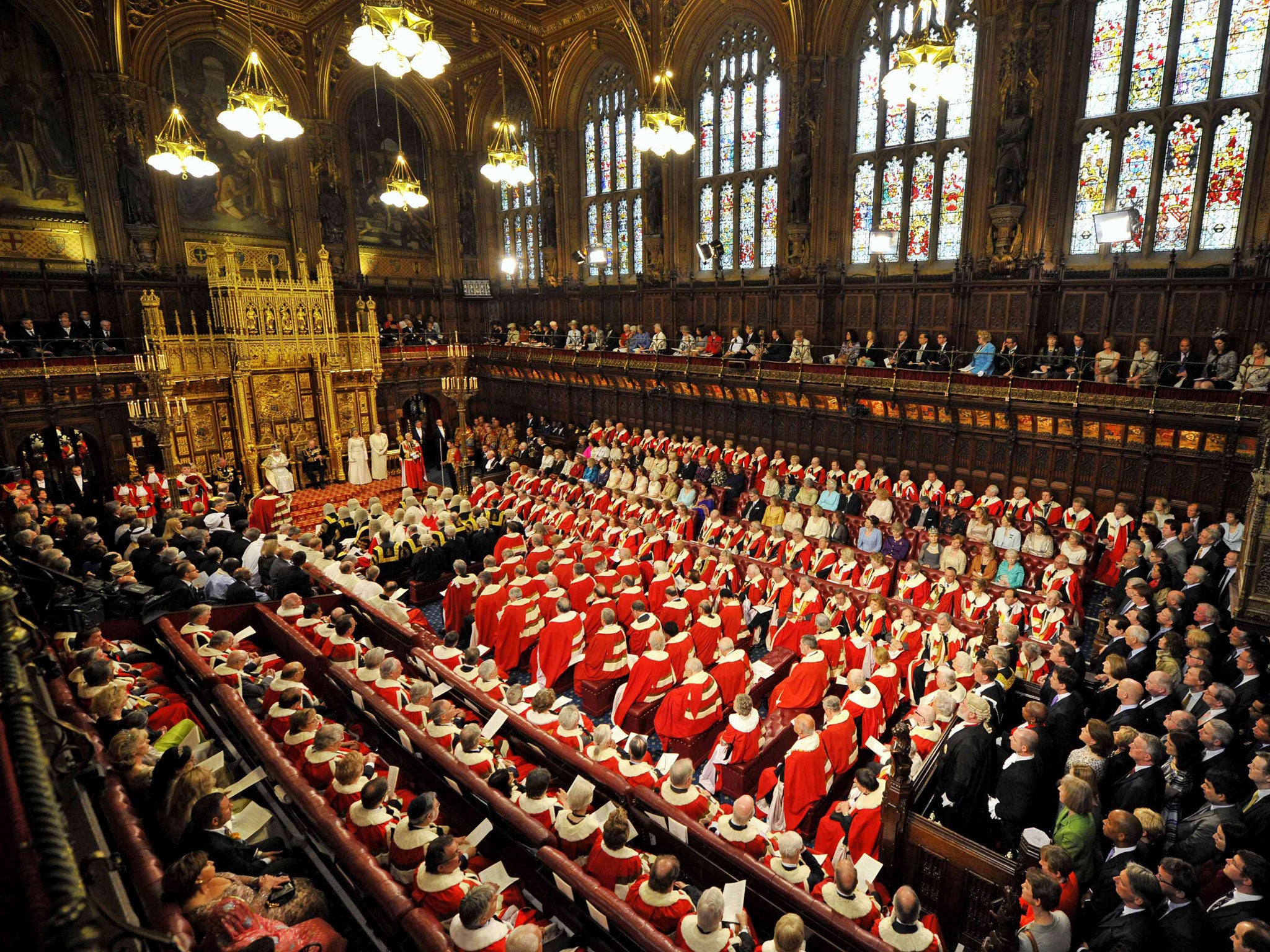Lords back assisted dying providing judge gives final ruling
Lord Pannick QC: "Judges already decide these questions of life and death"

Your support helps us to tell the story
From reproductive rights to climate change to Big Tech, The Independent is on the ground when the story is developing. Whether it's investigating the financials of Elon Musk's pro-Trump PAC or producing our latest documentary, 'The A Word', which shines a light on the American women fighting for reproductive rights, we know how important it is to parse out the facts from the messaging.
At such a critical moment in US history, we need reporters on the ground. Your donation allows us to keep sending journalists to speak to both sides of the story.
The Independent is trusted by Americans across the entire political spectrum. And unlike many other quality news outlets, we choose not to lock Americans out of our reporting and analysis with paywalls. We believe quality journalism should be available to everyone, paid for by those who can afford it.
Your support makes all the difference.Judges could routinely be given the power of life or death over patients who are determined to die to end their suffering.
Proposals to use judges as the final arbiters of who can be helped to die go some way to satisfying opponents to Lord Falconer’s Assisted Dying Bill. Lord Pannick QC proposed judicial oversight in amendments to the Bill which went before the House of Lords yesterday. The Lords, in the first Parliamentary vote on the Bill, gave it their approval.
Baroness Butler-Sloss, former head of the High Court Family Division, was among critics of the Bill who said giving judges a crucial role in assisted dying cases could provide the safeguards needed.
She and Lord Carlile QC had previously criticised the Bill as a “blank cheque” for euthanasia. They were concerned that vulnerable people might be pressured into saying they wanted to end their lives.
The Bill is intended to allow patients who have less than six months to live to end their lives with a lethal dose of drugs prescribed on the authority of two doctors if they have a “clear and settled intention” to die.
Lord Pannick said his amendments wound mean terminally ill patients would have to wait for the authority of a judge before they could receive the lethal drugs.
He said the measure would provide safeguards to prevent patients being unduly pressured into assisted death, and that judges are already used to ruling on cases that mean the death or survival of patients.
“Judges already decide these questions of life and death… in a principled manner but also with great compassion and where necessary they decide them speedily,” he said.
Lady Butler-Sloss, who has ruled on cases of life or death, said: “On the assumption that this Bill is passed it seems to me critical and absolutely essential that the court should have an input to it. The judge would have the power to require, for instance, a psychiatrist or other medical opinion if he or she was not satisfied that this patient was necessarily having the full capacity necessary to make this absolutely crucial decision.”
However, others remain opposed to the Bill. Among them is Lord Tebbit, whose wife was paralysed in the 1984 Brighton bombing. He said: “There are many ways in which pressure could be brought to make people who are perhaps approaching the end of their lives – although I hope that my wife is not – to ‘do the decent thing’. I don’t think that these amendments would do anything to avoid that.”
Join our commenting forum
Join thought-provoking conversations, follow other Independent readers and see their replies
Comments